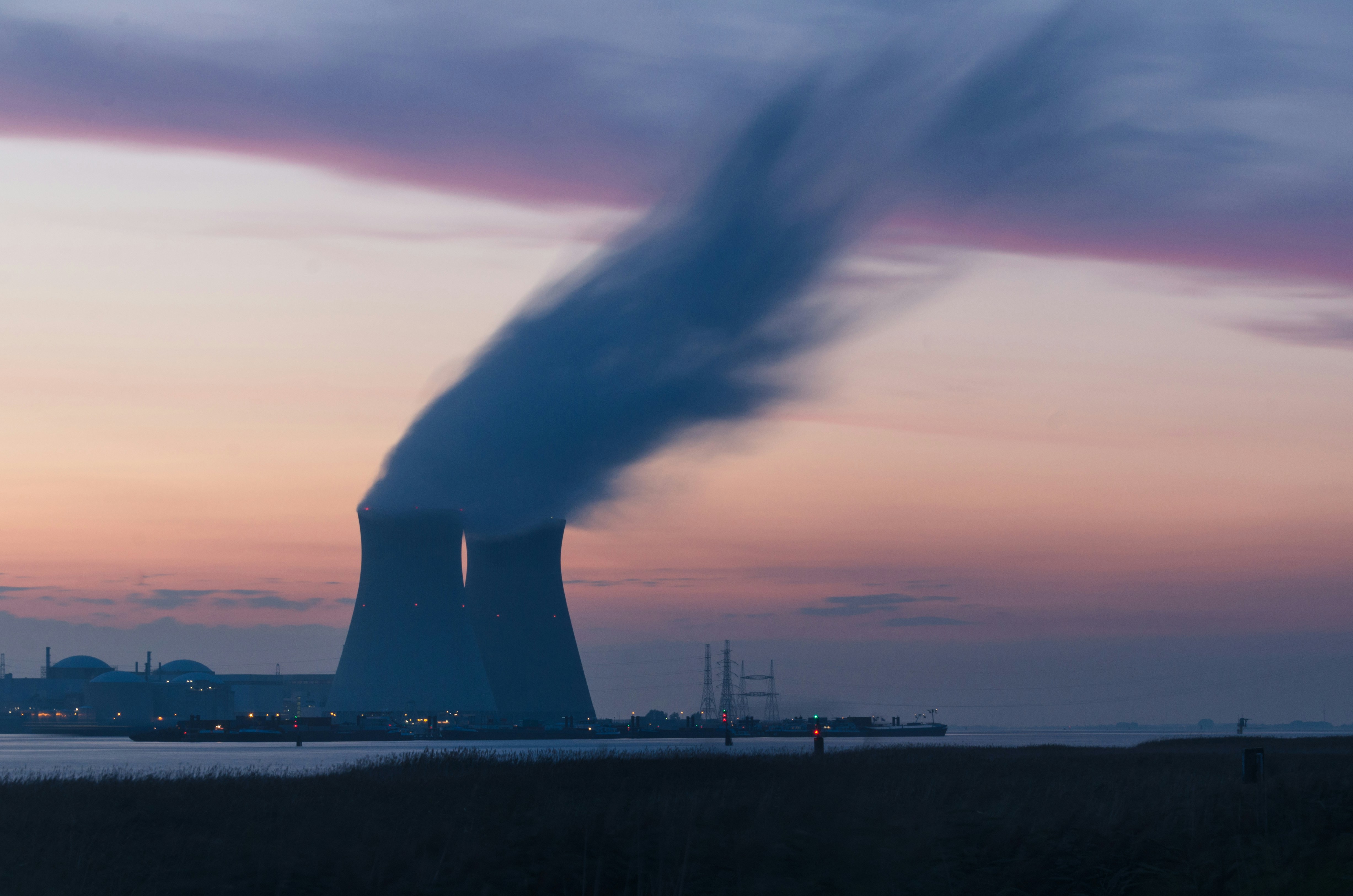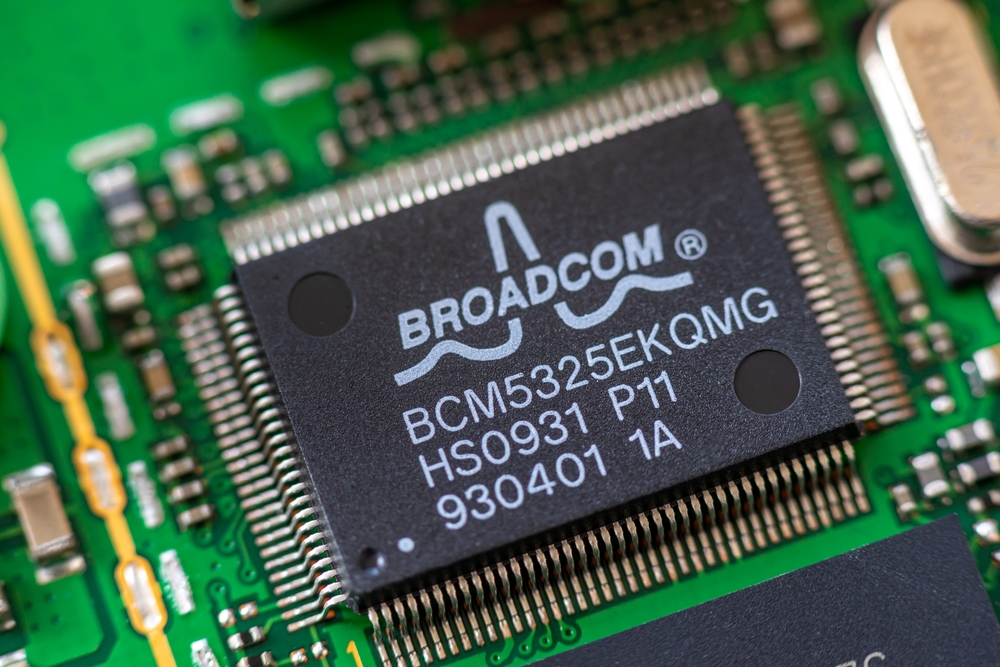Amazon Continues Investments in Nuclear Energy
Earlier this year, Amazon Web Services (AWS), a division of Amazon.com, purchased a 960-megawatt data centre from Talen Energy for $650 million. The tech giant is also working to address the significant demand for energy in data centres by supporting the development of small modular reactors (SMRs) which it announced recently. This includes three agreements involving a feasibility study for a project near Washington State's Energy Northwest consortium, with the technology to be developed by X-Energy. Amazon will have the right to purchase electricity from the first four reactor modules, with additional modules totalling up to 960 megawatts potentially added along the way. AWS Director Matt Garman stated that such projects should support the construction of new nuclear technologies, providing long-term benefits for sustainable energy. SMRs can be manufactured in factories, which should lower their construction costs compared to traditional reactors built on-site. However, SMRs face criticism, particularly due to high development costs and uncertainty surrounding expected efficiency.
Microsoft Aims to Revitalize the Site of Disaster
Microsoft's nuclear energy initiative involves the effort to restore the Three Mile Island nuclear power plant in collaboration with Constellation Energy. This facility was the site of the largest nuclear disaster in U.S. history. The total project value for Microsoft is expected to be $1.6 billion, marking its first significant investment of this kind. The tech giant is now awaiting regulatory approval for the agreement and could subsequently utilize all the energy produced by this plant, which can generate up to 835 megawatts of electricity. The plant is expected to be back in operation by 2028, providing power for Microsoft’s data centres for 20 years. The company is also pursuing partnerships with firms like Helion Energy, which is working on the development of nuclear fusion—technology with the potential to radically change the approach to clean energy sources. Like its competitors, Microsoft is also interested in SMR technology, which is supported by its founder Bill Gates through his company TerraPower.
Google Also Bets on Small Reactors
Google has already ordered several SMRs from Kairos Power, marking what it claims as the first such contract in the world. The first of these reactors is expected to be completed by the end of this decade, with others finished by 2035. The result of this agreement could yield up to 500 megawatts of energy. Despite setting a goal in 2020 to halve its emissions by 2030, Google's own environmental report indicates that emissions have risen by 48% over the past five years. According to CEO Sundar Pichai, the rapid growth of the AI sector was not anticipated, which is why the company seeks to secure nuclear energy.
Data Center Energy Consumption Skyrockets
The energy consumption of data centres is rapidly increasing with the development and implementation of AI. The International Data Corporation (IDC) estimates that by 2028, the total consumption of data centres could double from today's levels to 857 terawatt-hours. Rising electricity prices due to high demand, climate change, and regulatory factors will also contribute to increased operational costs. IDC projects that annual growth rates will exceed 15% in countries like the U.S., Germany, and Japan. However, innovations in the technologies of these centres also play a crucial role, as companies strive to continually improve their efficiency.
Polarization Regarding Nuclear Energy
Controversies surrounding nuclear power plants are not new. Concerns primarily focus on potential malfunctions and accidents that could have catastrophic consequences for society. Incidents like the reactor explosion in Chernobyl or the radiation leak following the earthquake in Fukushima, Japan, serve as stark examples. Additionally, there is the issue of nuclear waste, which remains radioactive for centuries to millennia, with no universal solution for its permanent storage yet in place. These and other challenges are often cited by opponents of nuclear energy and are reasons why some countries have completely excluded it from their power grids, while others have yet to do so. Generally, however, nuclear energy is considered environmentally friendly, at least in terms of carbon emissions, and a small amount of source can produce vast amounts of electricity for a long period of time. There is no doubt that it is more efficient and environmentally friendly than fossil fuels.
Conclusion
The investments of tech giants in nuclear energy highlight not only their growing energy needs but also their commitment to sustainability. Solutions like small modular reactors (SMRs) could help manage the surge in energy consumption from data centres, particularly with the advancement of artificial intelligence. While nuclear energy faces controversies and regulatory hurdles, it can provide the necessary stability for the expanding digital world, especially when combined with renewable resources, while also contributing to the reduction of carbon emissions. [1]
David Matulay, analyst of InvestingFox
[1] Forward-looking statements represent assumptions and current expectations that may not be accurate or are based on the current economic environment, which may change. These statements are not guarantees of future performance. Forward-looking statements inherently involve risk and uncertainty because they relate to future events and circumstances that cannot be predicted and actual developments and results may differ materially from those expressed or implied in any forward-looking statements.
Warning! This marketing material is not and must not be understood as investment advice. Data relating to the past are not a guarantee of future returns. Investing in foreign currency may affect returns due to fluctuations. All securities transactions can lead to both profits and losses. Forward-looking statements represent assumptions and current expectations that may not be accurate or are based on the current economic environment, which may change. These statements are not guarantees of future performance. InvestingFox is a trademark of CAPITAL MARKETS, o.c.p., a.s. regulated by the National Bank of Slovakia.
Sources:
https://www.ans.org/news/article-5842/amazon-buys-nuclearpowered-data-center-from-talen/
https://www.theverge.com/2023/9/26/23889956/microsoft-next-generation-nuclear-energy-smr-job-hiring
https://www.theverge.com/2024/10/15/24270645/google-nuclear-energy-deal-small-modular-reactor-kairos
 English
English
 Slovak
Slovak
 Czech
Czech
 Hungarian
Hungarian
 Italiano
Italiano
 Polish
Polish





